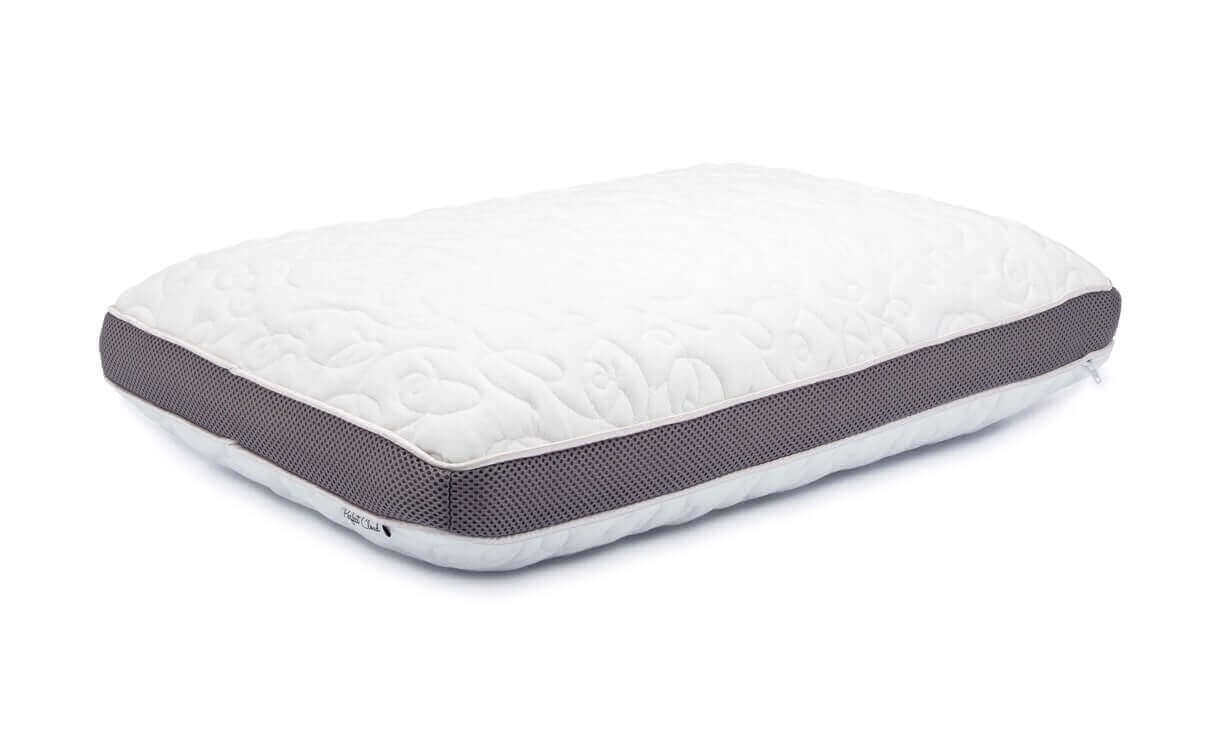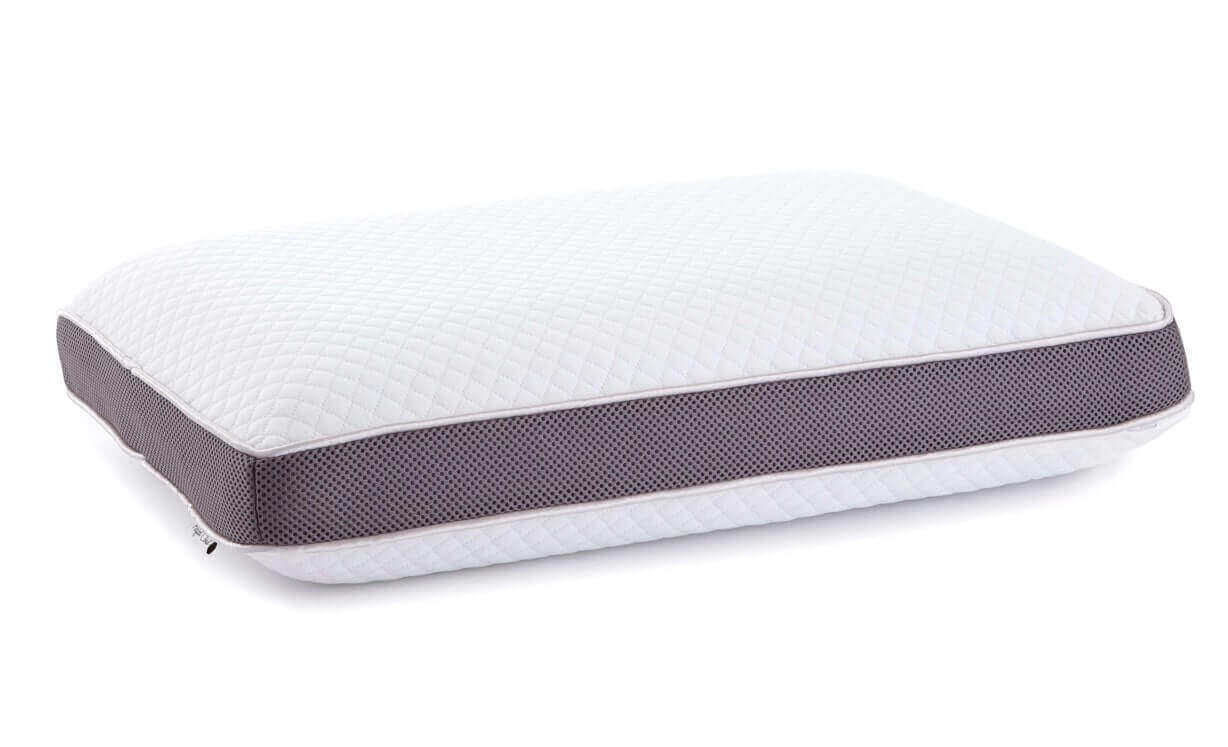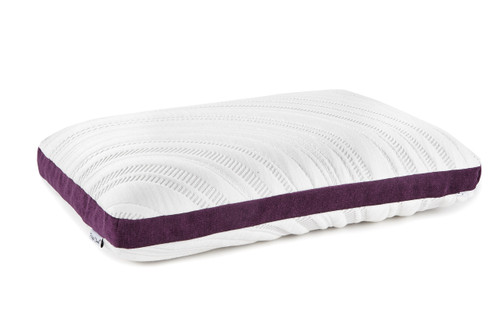Steps To Get Rid of Night Sweats
Posted by Janna on 28th Aug 2020
Almost half the population suffers from night sweats, and they are not all women. There are specific approaches you can take to promote improvement. There are also situations to be cautious of, so this is a good one to bring to your physician for consultation.
Night sweats from a medical standpoint occur without environmental influence. So if you experience the discomfort of waking up in a pool of perspiration, the first items on the checklist are all about making sure that your environment isn’t attributing to this unpleasantness. Check your nighttime thermostat:
- Lighten up on your bedding.
- Use layering for easy adjusting.
- Sleep on air-infused memory foam or add a gel-infused topper to your mattress.
- Wear breathable, loose-fitting clothing.
Other items to address right away are the small healthy habits that make a big difference in your sleep quality. Take it slow and look at how you can implement these into your nighttime routine. In fact, having a routine is the very beginning. If possible, going to bed and waking up at consistent times daily, with a relaxing pre-sleep routine, helps your body know when it is time to rest. Other things to remember to promote sleeping well are as follows:
- No naps and use your bed only for sleeping and sex
- Go outside during the day or get daylight from a window.
- Exercise as early in the day as possible, at least 3 hours before bedtime.
- Be mindful of how food, caffeine, alcohol, and tobacco create poor sleep.
After working on these healthy habits, it is time to settle down to sleep in your comfortable haven. What! Is your bedroom not a serene sanctuary for sleep? That needs to change. There’s no putting those slow brain waves and rapid eye movements essential for dreaming on the backburner. Time for a bedroom makeover with all the essentials for a great night’s sleep:
- A comfortable, cooling mattress. It doesn’t have to be expensive. Look at the Perfect Cloud Basic.
- A comfortable cooling pillow. A cooling mattress won’t do any good if your head is sweating.
- Add some Lavender scent that provides soothing benefits to help you sleep deeper and wake rested.
- 65 degrees Fahrenheit is optimal for most.
- Dark. Dark. Dark. Or as little light as possible. Maybe add blackout curtains or wear a sleeping mask.
- Do what you can to minimize noise disruption.
Now that’s what we call a chill refuge!
Another adjustment you might be able to make is your medication intake. Again, talk to your doctor and see if this is the right course for you. Even your consumption of caffeine, alcohol, or tobacco can be playing a role in waking up sweaty and uncomfortable, so seriously consider modifying these practices.
Menopause and night sweats seem to go hand in hand. Talking to a doctor about how the change in hormones during menopause affects you can lead to some solutions. Other hormonal issues can lead to night sweats that both men and women need to discuss with their doctor:
- Hyperthyroidism.
- Diabetes.
- Elevated blood sugar.
- Abnormal levels of sex hormones.
An issue not related to hormones and more often associated with heartburn is Gastroesophageal reflux disease, but there is a link to night sweats and GRD. This discomfort can be relieved with some of the things we have already covered. For instance, paying attention to how food and drugs affect you and how close to bedtime they are consumed can lead to discoveries of healthier strategies. You can also talk to your doctor about medications to help with GRD and sleep at an incline, using a wedge pillow.
How we treat our sleep has a lot to do with the quality of sleep we obtain. So treat your sleep like the prince it is. Make it a priority to have a calm, cool night’s sleep.











